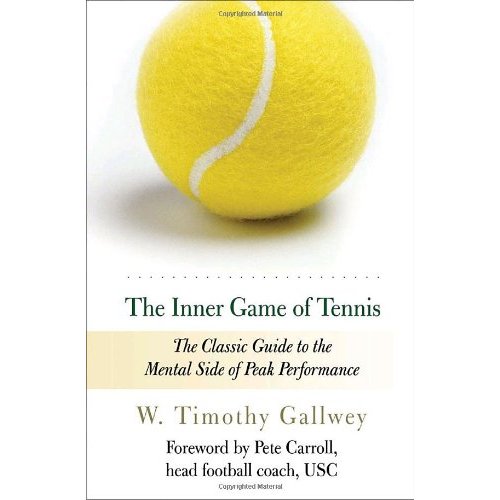the zone
CJ,
Please explain to me what you consider the zone to be and how you stay in the zone when you have to think about adding another ball to the pattern after every shot.
Hu
Yes, it's like if you were looking "two cars ahead" you wouldn't count the car you're in. The system is simple, you play the shot that's real (the one you are shooting) in a way to get an angle on the next ball (visualize) to get on the next one.....anything more than that is unnecessary.
At a certain level of play you must trust the subconscious training that you've went through.....and if you don't know how to train to "not think," then read 'Zen in the Art of Archery' or 'The Inner Game of Tennis' to "real eyes" how important "the zone" is to your highest performance level.

CJ,
Please explain to me what you consider the zone to be and how you stay in the zone when you have to think about adding another ball to the pattern after every shot.
Hu

